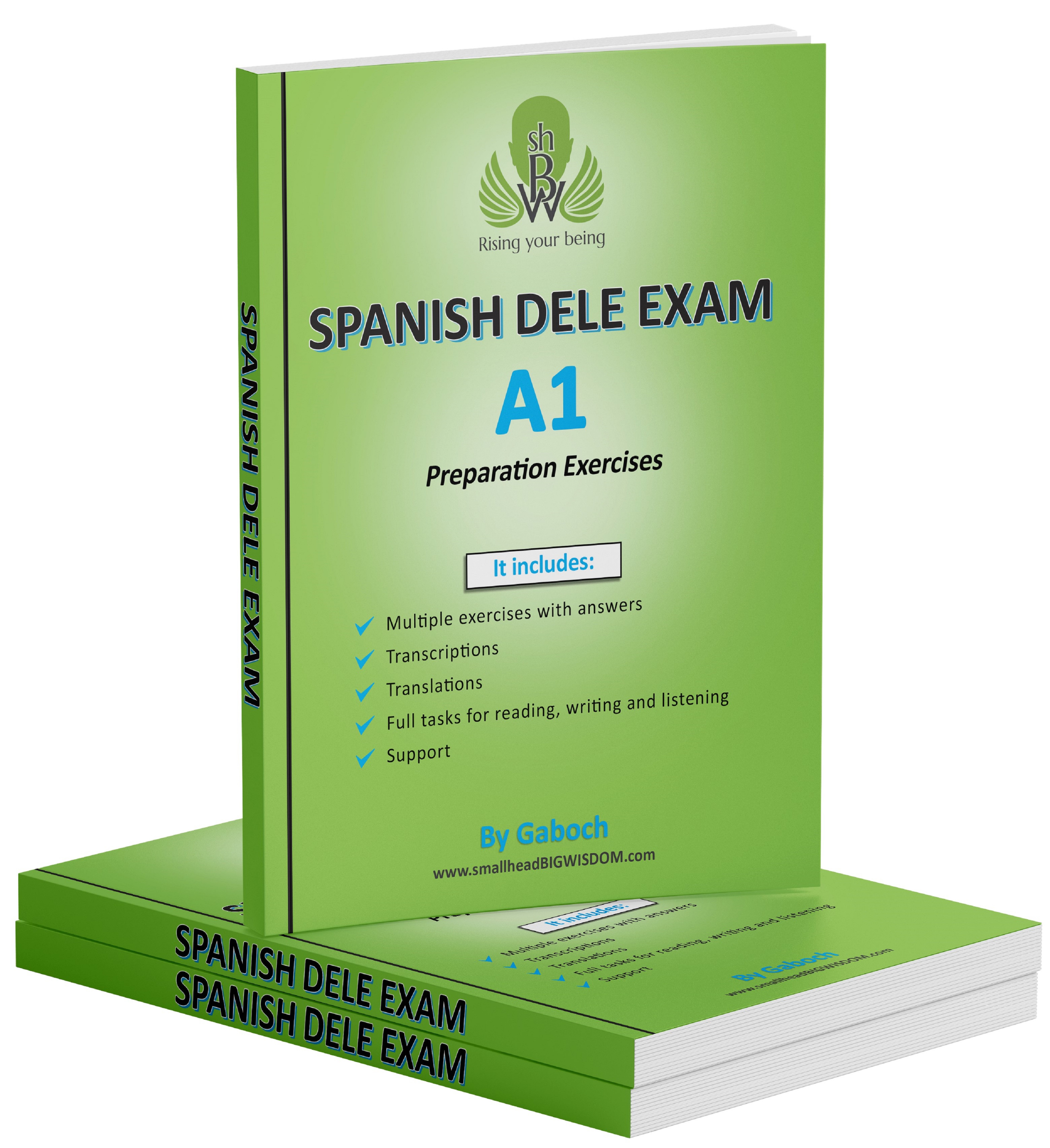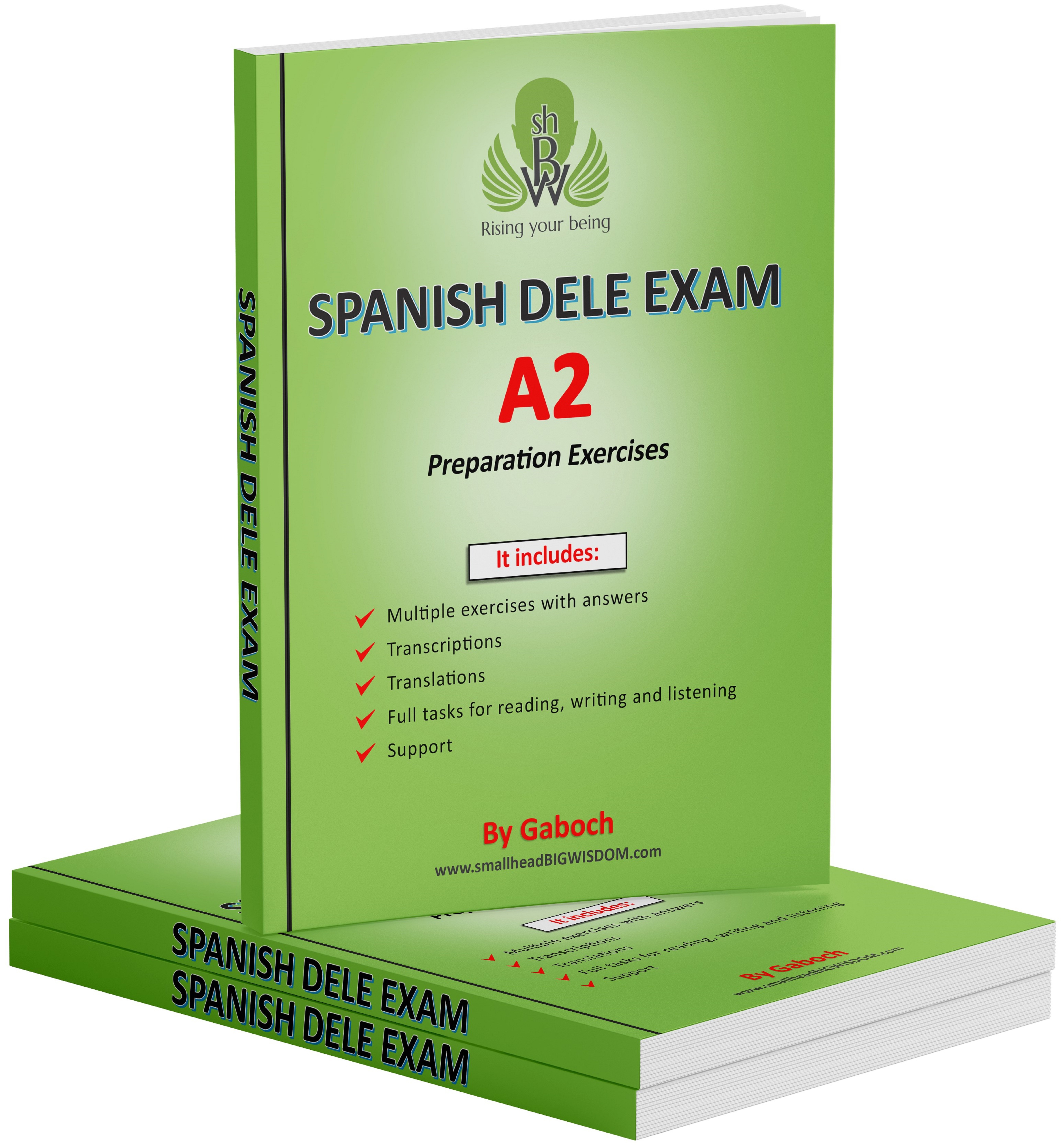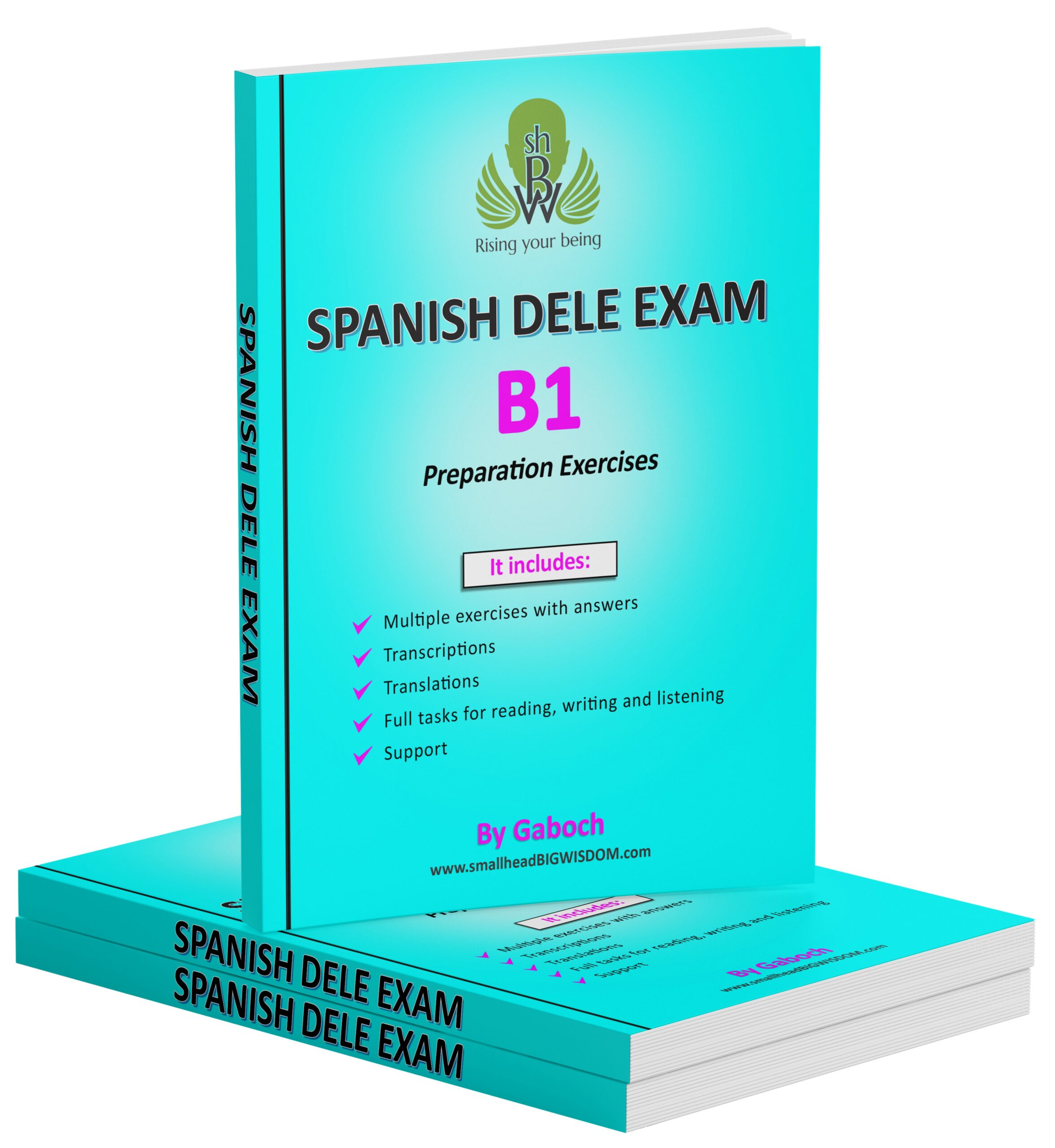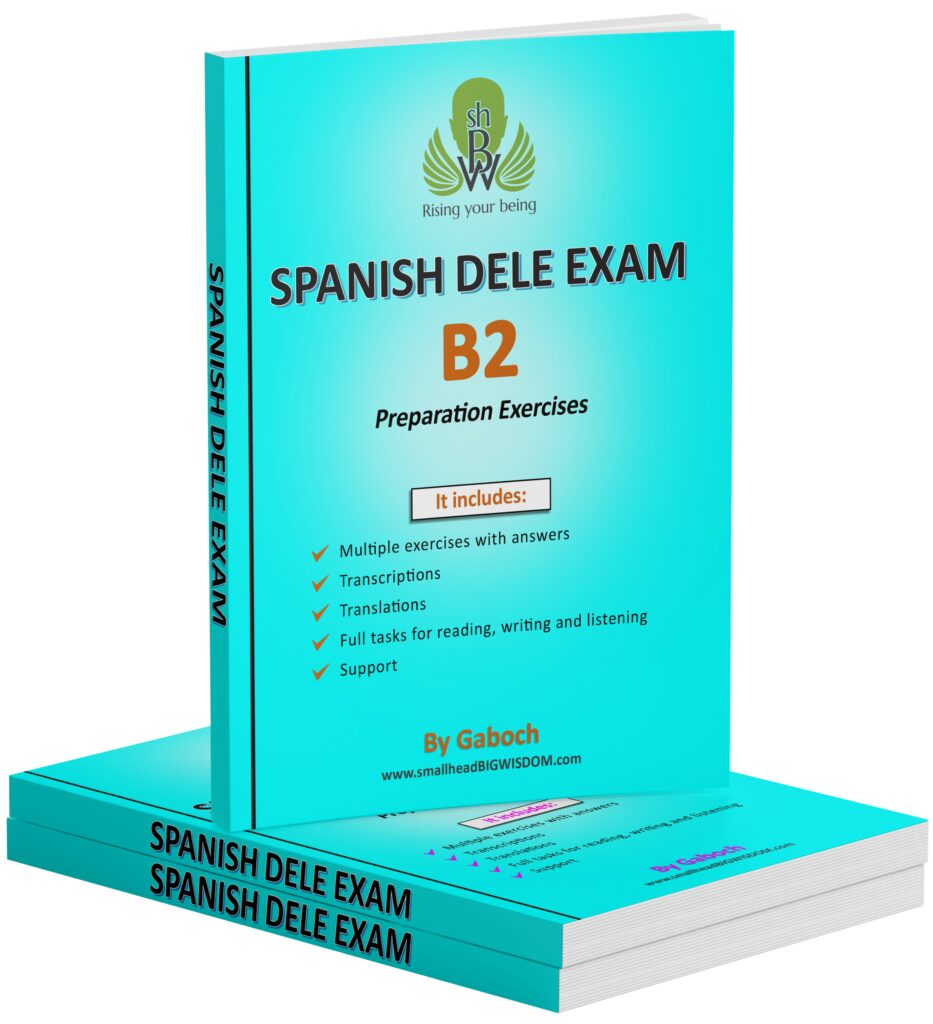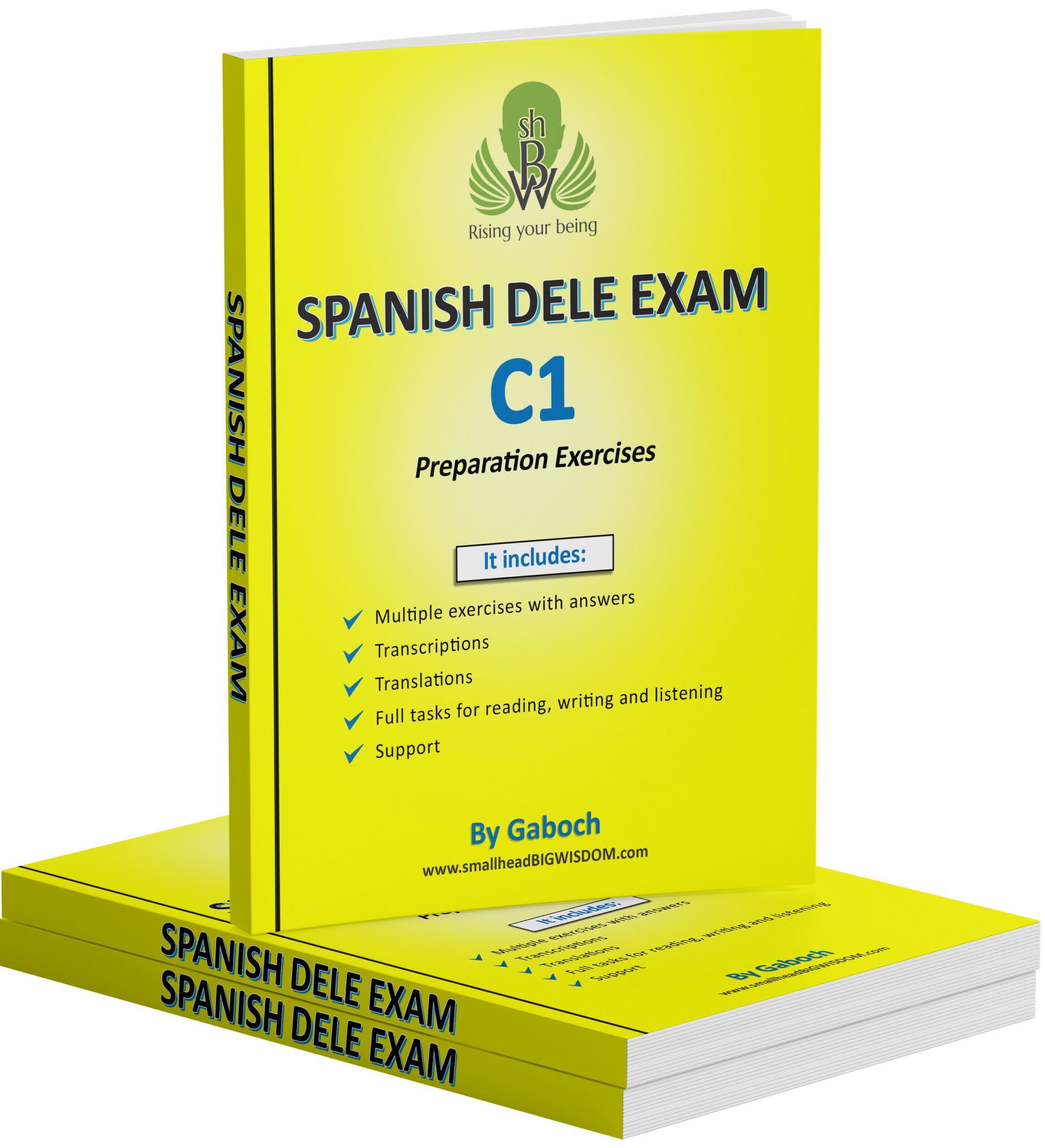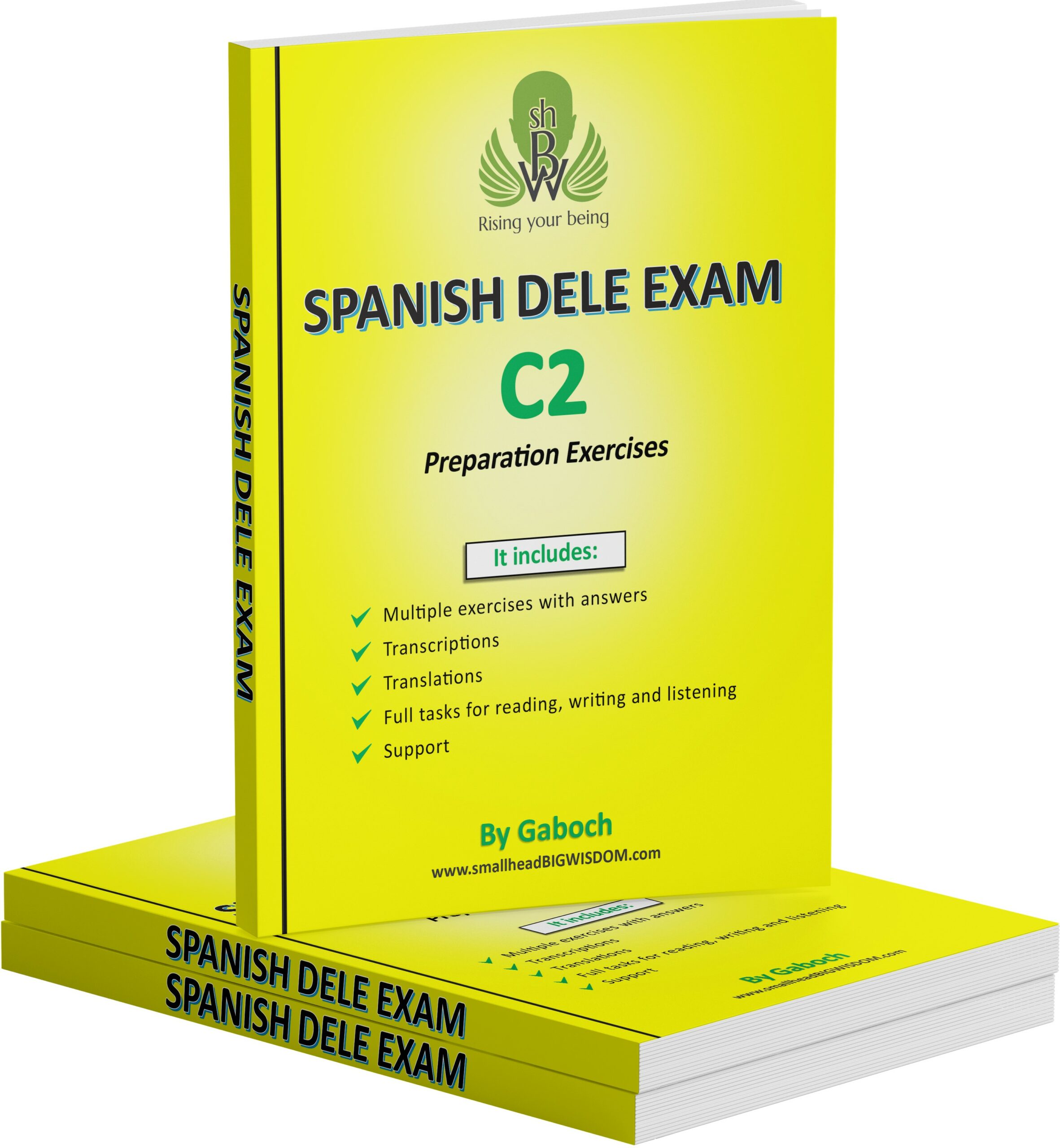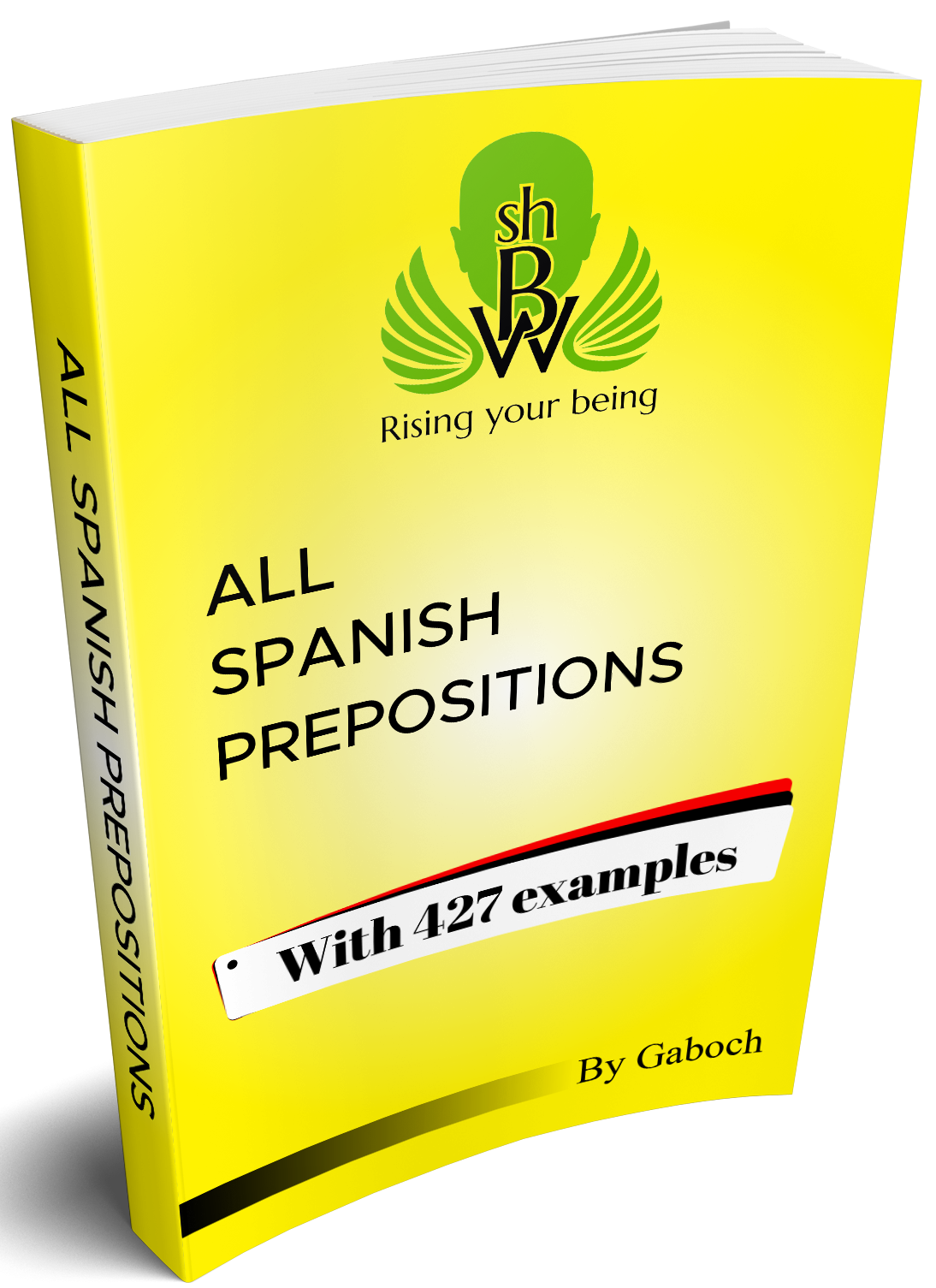smallhead BIGWISDOM
Rising your being
The Present subjunctive in Spanish
The present subjunctive in Spanish
In Spanish, the present subjunctive is used with the following considerations:
- To express probability, doubt or uncertainty
- Tal vez ella viaje mañana (Perhaps she would travel tomorrow)
- Quizá él beba menos esta vez (Maybe he drinks less this time)
- Dudo que ellos trabajen hasta tarde (I doubt they work until late)
- To express desires or feelings
- ¡Espero que tengas un excelente día! (I hope you have an excellent day!)
- ¡Ojalá me aumenten el sueldo! (Perhaps I get my salary increased!)
- ¡Que duermas bien! (Have a nice sleep!)
- In modal sentences with “como”, “de manera que”, “según”, etc.
- ¡Ayuda como quieras! (Help however you like!)
- ¡Escribe según lo que entiendas! (Write according to what you understand!)
- ¡Habla de manera que no ofendas! (Talk as long as you do not offend!)
- After “cuando”, “tan pronto como”, “antes de que”, “sin que”, “para que”, “aunque”, “a pesar de que”, “por más que”
- Hablaremos cuando vengas (We will talk when you come)
- Puedes jugar tan pronto como termines tus tareas (You can play as soon as you finish your homework)
- ¡Compra la computadora ahora antes de que suba el precio! (Buy the computer now before its price get increased!)
- ¡Dí la verdad sin que te sientas mal! (Say the truth without feeling uncomfortable!)
- Él trabaja mucho para que le paguen más (He works a lot in order to get paid more)
- Aunque te enojes, lo haré (Despite you get angry, I’ll do it)
- El niño viajará el año entrante a pesar de que no tenga dinero (The kid will travel next year despite he has no money)
- Por más que le hable él no obedece (Despite I talk to him he doesn’t obey)
- To give opinions with verbs such as “pensar”, “creer”, “considerar” in negative sentences
- No pienso que puedan lograrlo (I don’t think they can achieve it)
- Él no cree que sea un auto nuevo (He doesn’t think it is a new car)
- Ella no considera justo que ellos ganen más dinero (She doesn’t think it’s fair men earn more money)
- To give pieces of advice or commands
- ¡Te ruego que la llames con más frecuencia! (I beg you to call her more often!)
- ¡Te prohíbo que juegues con armas! (I prohibit you to play with guns!)
- ¡No me gusta que le hables así! (I don’t like you to talk like this to him or her!)
The present subjunctive conjugation of model regular verbs (ar, er, ir) is:
| amar | correr | partir | |
| (que) yo | ame | corra | parta |
| (que) tú | ames | corras | partas |
| (que) usted, él, ella | ame | corra | parta |
| (que) nosotros o nosotras | amemos | corramos | partamos |
| (que) vosotros o vosotras | améis | corráis | partáis |
| (que) ustedes, ellos, ellas | amen | corran | partan |
Some irregular verbs have the following changes when conjugated in the present subjunctive:
u changes to ue as in jugar.
o changes to ue as in poder.
e changes to ie as in sentir.
| jugar | poder | sentir | |
| (que) yo | juegue | pueda | sienta |
| (que) tú | juegues | puedas | sientas |
| (que) usted, él, ella | juegue | pueda | sienta |
| (que) nosotros o nosotras | juguemos | podamos | sintamos |
| (que) vosotros o vosotras | juguéis | podáis | sintáis |
| (que) ustedes, ellos, ellas | jueguen | puedan | sientan |
Get the book about 1100 English-Spanish Cognates!
Bonus: Audio pronunciations
Get it now!
(See Table of Content)
